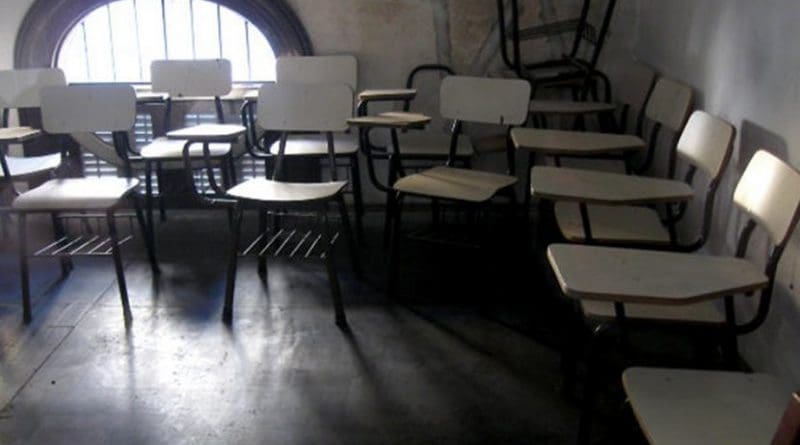Delayed High School Start Times In Seattle Increase Sleep, Grades And Attendance
In Seattle, Washington, delaying the start time of two high schools by nearly an hour lengthened students’ daily sleep by more than half an hour, and was associated with reduced sleepiness and increased academic performance.
Notably, in the students at the school that was more economically disadvantaged, the delayed start time was also associated with an increase in punctuality and attendance.
These results offer quantitative evidence that delaying school start times is beneficial for students. In addition, given the distinct positive effects of this effort on students from lower socioeconomic backgrounds, implementing this change in school policy, the authors say, could contribute to a decrease in the learning gap between low and high socioeconomic groups.
Teenagers tend to stay up late at night; they usually do not get the recommended eight to ten hours of sleep. With many teenagers being chronically sleep-deprived, some experts and organizations like the American Academy of Pediatrics have suggested delaying school start times, which would allow students to wake up later without shifting their natural bedtimes (the latter being biologically determined by the circadian clock).
However, quantitative data showing that delaying school start times would increase daily sleep and academic performance is lacking.
Taking advantage of a “natural” pre/post study setup, created after the Seattle School District delayed high school start time by 55 minutes (from 7:50 am to 8:45 am) in 2017, Gideon P. Dunster and colleagues measured sleep-wake cycles of sophomore students enrolled in two public high schools in Seattle for two weeks using wrist activity devices.
The delay had several measurable benefits for students – notably, the median sleep duration increased by 34 minutes in 2017 compared to 2016.
This increase in amount of sleep was associated with a 4.5% increase in the median grades of students at both schools. One high school – Roosevelt High School – showed no difference in improved attendance and punctuality between years, but students in the second school – Franklin High School, an economically disadvantaged school – had significantly fewer instances of late arrival and absenteeism after the delayed school start time was implemented.

